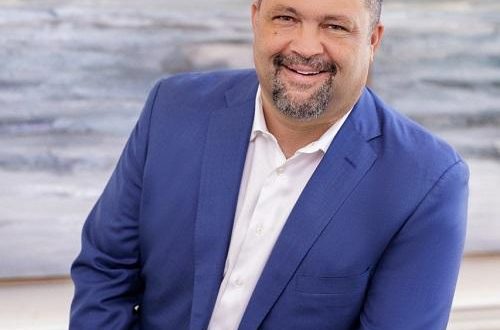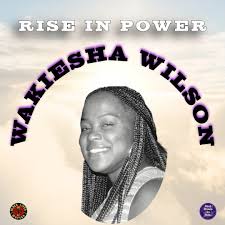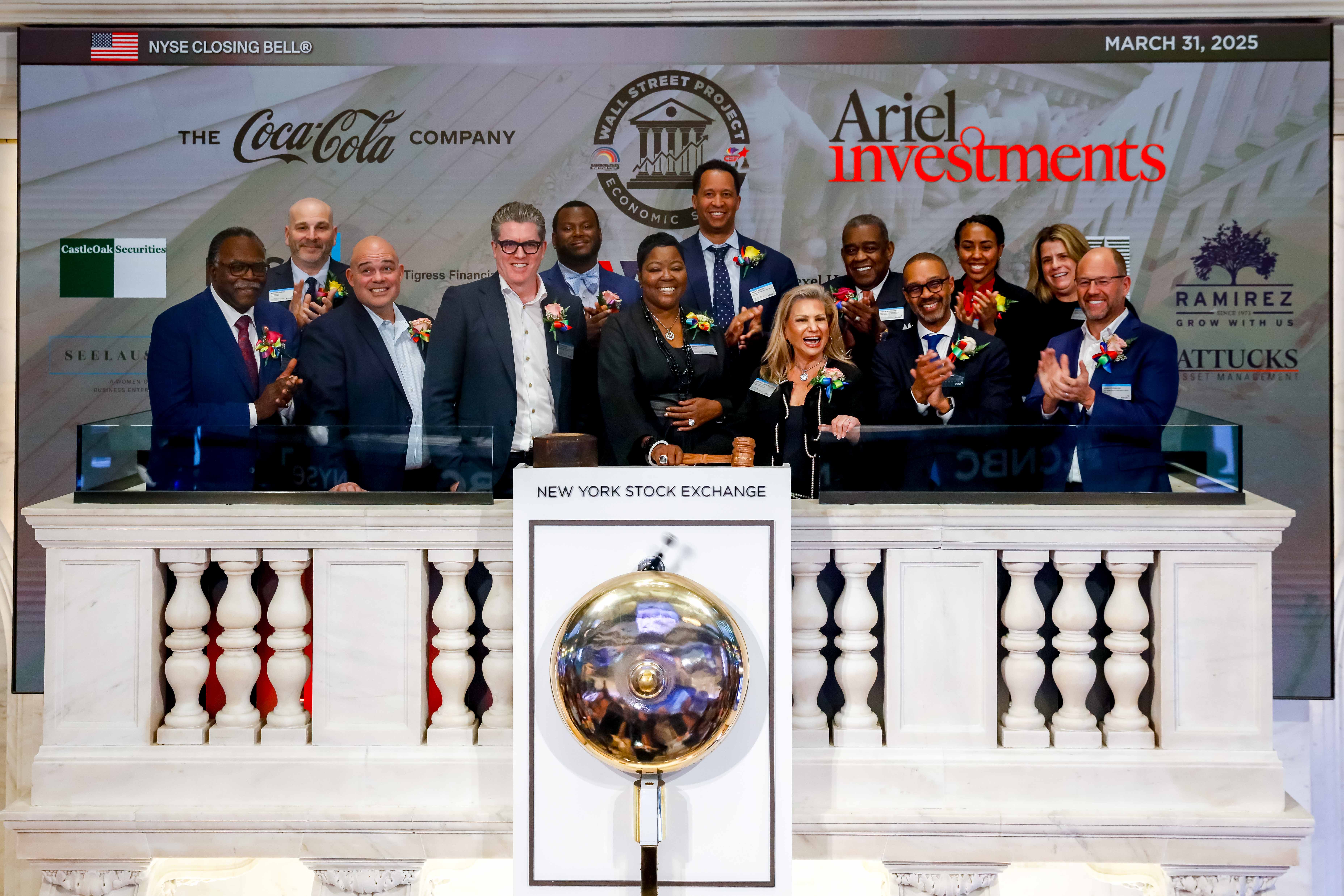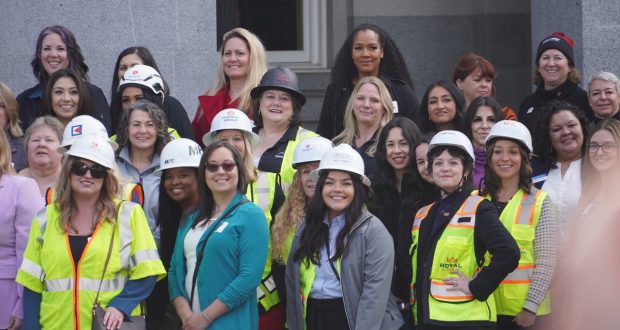Thus far, the footprint of the Orlando Magic’s 2021-22 campaign is buried at the bottom. They tout the league’s worst net rating (-11.0) and second-worst record (4-17). Each of their Southeast Division counterparts are above .500 and in the playoff hunt, including a pair of top-three seeds. Along with the Detroit Pistons, they’re one of just two Eastern Conference squads more than two games removed from a play-in spot.
Do not confuse short-term struggles as a harbinger for a rebuild spiraling awry, though. Through the season’s quarter poll, Orlando is cultivating a crystalized vision of future success.
After a troublesome rookie year, Cole Anthony is operating with more poise and shot-making prowess to assert himself as a bona fide ball-handler. Despite a thorny beginning, fifth overall pick Jalen Suggs is establishing some footing in recent weeks. New head coach Jahmal Mosley is diagramming creative schemes and deploying the young guys in predominantly optimal settings.
Aside from Anthony’s newfound exploits, the crux of all these encouraging developments resides in the Magic’s frontcourt of Franz Wagner, Wendell Carter Jr. and Mo Bamba. Together, this trio is showcasing a complementary offensive portfolio to amplify a lead initiator (Anthony or otherwise) and anchor a stingy defense.
Following three years of health setbacks and inconsistent playing time — mixed in with tantalizing two-way flashes — Bamba has snagged the starting center gig. His 29.7 minutes per game are nearly double his previous career-high of 16.3 minutes.
Amid those minutes, he’s exhibiting heightened defensive activity. His 7-foot-10 wingspan dominated mainstream conversations around him pre-draft, and he’s justifying credence in the impact of that physical profile. The dude’s length is mind-boggling, and it enables him to influence so many events that most others are simply incapable of.
On attempts within 6 feet of the hoop, opponents are shooting 7.5% worse than their average when Bamba is the primary defender, per NBA.com. He’s also stamping his mark on passes, where his 1.2% steal rate ranks in the 54th percentile among bigs, according to Cleaning The Glass (CTG). With Carter (4 vs. 5) and Wagner (3 vs. 4) probably playing down one position respectively, Bamba serves as a safeguard of the backline when they’re stretched too thin on the perimeter — though, they’re each quite adept out there.
All this liveliness with a greater minute load hasn’t seen him succumb to foul trouble either. Per 100 possessions, his 4.5 fouls are well below his mark of 6.3 during the first three seasons of his career. He’s both a better and more discretionary defender, altering plays without jeopardizing his minutes.
Bamba has certainly emerged as a loud rim-deterrent and defensive playmaker in Year 4, but he’s not free of significant concerns. He’s prone to unnecessarily biting on shot fakes, as if he forgets about all his height and sprawling length. His fairly delayed load-up period as a leaper prevents him from contesting certain shots.
Similarly, he’s just a slow-moving athlete. While he may identify a rotation, he cannot always execute it in a prompt manner. Even then, his processing of plays lags behind that of foremost defensive centers. Bamba’s been rather valuable defensively, especially for a 23-year-old, but these warts feel like he’s leaving some meat on the bone during his minutes.
Although he’s only drilling 33.7% of his triples, there’s clear confidence in the shot, which broadens his offensive utility and shapes the way defenses view him. Wagner, Carter and Bamba each garner attention as floor-spacers. That opens driving lanes and real estate for guys like Anthony, Suggs and R.J. Hampton to maneuver inside the arc.
Bamba’s intersection of size and shooting touch is evident when defenses try to pin smaller defenders on him and manipulate his floor-spacing duties against Orlando’s offense. His poor center of gravity and underdeveloped core strength mean he’s not a reliable post creator, but he’s exhibited composure on switches and a capacity for firing over the top against smaller mismatches.
If the towering tandem of Carter and Bamba is to suffice long-term offensively, Bamba incorporating consistent scoring outside of the long ball feels paramount, especially when the opposition tries to defend him like a shooting guard in a 7-footer’s clothes.
The more shooting, the better, of course. But with frontcourt players, much of the value can be derived from the mere threat of a jumper drawing rim protectors outside of the paint. If defenses can’t hide smaller players on Bamba or Carter because of possible post exploitation, that will force them to station their center(s) on the perimeter, tailing Orlando’s gargantuan gunners. Bamba looks like he might be on the way to actualizing that dynamic.
Whereas Bamba’s belief beyond the arc is ahead of his results at this juncture, those facets are in lockstep for Carter. Entering the season, Carter had made 29 long balls in his career. He eclipsed that total in the 19th game this year. From 2018-19 to 2020-21, his three-point rate was .096. Now, it’s ballooned to .392, and he’s splashing home 39% of his triples.
Stepping into early-clock threes as a trailer and firing in the face of timely closeouts, he’s operating with a level of aggression rarely before seen from him. When his quick trigger and fruitful production spur defenders to overcommit or run him off the line, he’s displaying off-the-dribble juice and ball skills that have largely been dormant during his NBA tenure, though assuredly were evident at lower levels.
With some shooters, a hurried contest can exile them from the arc and neutralize them. That’s not the case for Carter. He’ll bomb away if the closeout isn’t (nearly) perfect, or drive off the catch when a lane is present. After years of passivity plagued his offense, he’s discovered the requisite conviction to thrive, slapping down a career-high 13.3 points per game on a career-best 60.9% True Shooting percentage (5.8 points above the NBA average, also a career-best). There aren’t that many non-stars doing all this as a 6-foot-10 big man:
Carter has long previewed notable passing chops, but that same passivity would rear its head to mute their equity. He’d often catch the ball near the elbow and be fixated on facilitating a dribble hand-off without glancing toward the hoop whatsoever.
Orlando is still utilizing him as a stationary passer, and he’s more cognizant of the windows that arise after pressuring the defense instead of moonlighting as a statue for a few seconds. He’s also putting the ball on the deck, and has fostered a rapport with Bamba. Teams have to respect his interior scoring touch, and when they do, he strikes via distribution.
Starting at power forward alongside Bamba necessitates a level of defensive mobility that Carter has met. According to Basketball-Reference, more than 70% of his minutes are coming at the 4 this season. In his previous three years, that number never exceeded 20%.
These days, he’s asked to function as a perimeter defender much more regularly. Light on his feet with quick hips, he’s doing so swimmingly, and is instilling hope that the Carter-Bamba pairing can succeed permanently — just as it has through the initial portion of 2021-22.
Perimeter services have solely been a feature of Carter’s defense. Where he’s really shining is in pick-and-roll coverage and as a helper. He plays 1-on-2 scenarios with patience and precision, wields jazz hands to close off passing angles on the interior and is a poster boy for verticality when contesting shots at the rim. Brawny finishers can steamroll through him for buckets, yet by and large, he’s forming a staunch duo inside with Bamba:
Most enticing among Orlando’s youth-laden frontcourt is the rookie, Wagner, who’s averaging 12.7 points, 4.3 rebounds, 2.3 steals and a steal on 51.6% True Shooting (.425/.361/.786 splits). As a prospect, he was hindered by a gun-shy nature from deep, which has hardly been the case for him in the pros.
Across 55 contests at Michigan, he averaged 12.5 points and never scored more than 22 points. Since entering the league, he’s averaged 12.7 points and even catalogued a 28-point night.
The Magic have done well to balance his scoring opportunities on and off the ball. They’rve merged areas he already excels in with avenues he might excel in down the line if he’s afforded chances to refine his creation ability.
Because he’s willing to let it fly beyond the arc, Wagner attracts pressuring closeouts and attacks them as a driver by leveraging broad strides and silky touch. Routinely sensing when he’s become an afterthought for defenders, he’s a perceptively brilliant cutter, and his teammates know to feed him on those plays. His off-ball scoring package allows him to drift into the background and puncture advantages generated by others:
Wagner is laying the ground floor of some serious self-creation upside too. Orlando routinely entrusts him with on-ball reps, and he’s handling them capably — especially for a 20-year-old just five weeks into NBA action. What he lacks in burst and a dynamic handle, he compensates by way of his 6-foot-9 frame to dislodge defenders, along with his stoic driving cadence to plan each decision as it arrives.
Only 62.7% of his buckets have been assisted this season, a remarkably impressive rate for a rookie, let alone one not billed for his creation prior to the draft. A wing-sized rookie — who’s a plus passer, defender and off-ball scorer — looking this adept in manufacturing his own points bodes quite well for his prime in half-a-decade and beyond.
Part of Wagner’s initiating potential is linked to his savvy facilitating. Applying his size to title defenses or complete reads over the top, he’s an excellent interior passer, and is willing to take risks in pursuit of points; that’s something many good passers — especially young ones fearful of seeing their playing time reduced — don’t always adhere to. He and Carter have synergy in ball-screen actions, and Wagner sets up the big fella for an easy score most evenings. All of it is yet another example of how Wagner benefits this squad.
Aside from improving as a shot-maker, which is an underdiscussed component of virtually every player’s ascension, Wagner has to better embrace physicality around the rim. While he’s willing to play through it as a driver, contact aversion tends to manifest at the basket, where he’s shooting just 53% (16th percentile among forwards, per CTG). On the positive side, 36% off his attempts occur there, but the results themselves are discouraging, and a refined approach can help bridge that disconnect.
More than any offensive facet of his game, Wagner is a vastly advanced defender. He’s typically Orlando’s designated stopper, and has amassed at least 20 possessions against seven different All-Stars, per NBA.com’s matchup data. Those All-Stars vary in style, too, ranging from Trae Young to Kevin Durant to Julius Randle.
He understands angles to cut drives off, shimmies around screens and brandishes deft hands to force turnovers or nab deflections. The Magic are comfortable playing him at the 3 because of his fluidity and quick hips. His plus-0.7 Defensive Estimated Plus-Minus ranks fifth among all rookies, thanks to that multifaceted aptitude. He’s a very good defender who will soon be superb.
Losing a plethora of games and welcoming a dazzling prospect to the fold for a few seasons does not guarantee prosperity simply because one is patient. The recipe for those prospects to develop beyond prospects — a word rich with promise but short on immediate results — is more nuanced.
They warrant suitable roles that amplify their strengths, teach them to rectify their weaknesses and prompt them to expand their arsenals without eschewing structure altogether. And that is what’s transpiring in Orlando. The victories have conveyed how this team can and will eventually win on a consistent basis.
Anthony may be the brightest gem of the rebuild at this stage (Wagner might object). Yet, none better reflect the importance of stability than Wagner, Carter and Bamba, all of whom, in divergent, well-fitting roles, are making clear that Orlando’s footprint should only temporarily be buried at the bottom of the NBA.
Produced in association with BasketballNews.com.
Edited by Kristen Butler
 Westside Story Newspaper – Online The News of The Empire – Sharing the Quest for Excellence
Westside Story Newspaper – Online The News of The Empire – Sharing the Quest for Excellence






